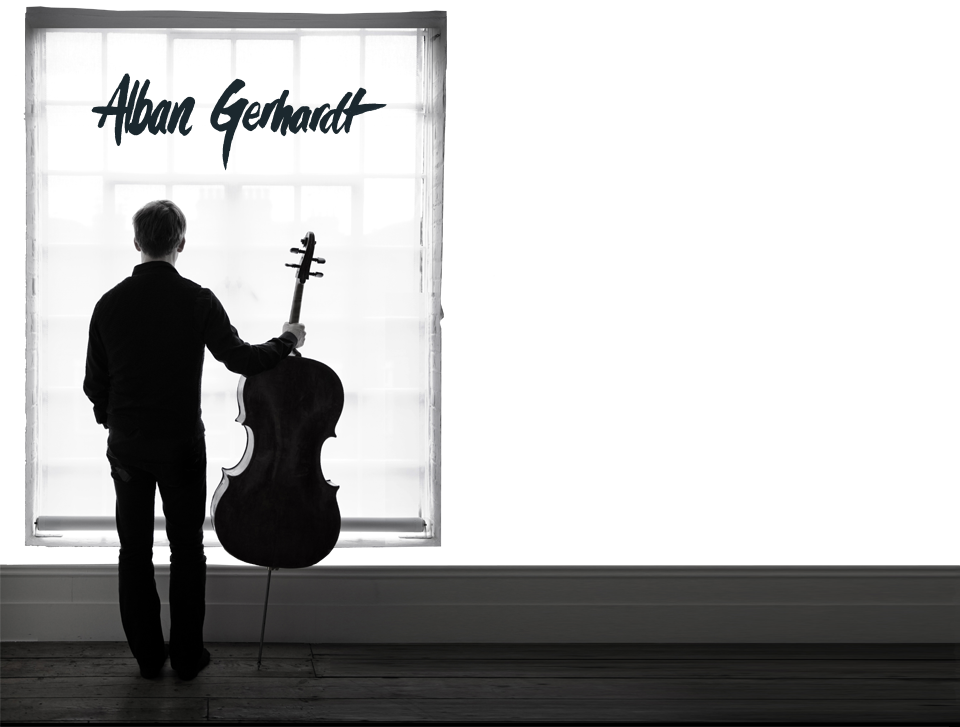Music starts where Language ends, yet Music is Language.
How do we acquire language? By listening, not to some audiotapes, but originally to our parents, copying the ones which care for us, later our teachers, friends, in the meanwhile developing our own voice. In school we learn grammar, learn to express ourselves more eloquently by being introduced to literature, slowly coming up with our own thoughts and style of writing in order to leave behind the rudimentary level of children’s talk.
How do we acquire music? Often enough by learning an instrument. Big mistake! We shouldn’t try to learn how to write and read before speaking, and if the instrument has to be introduced at such a young age that the child doesn’t have a chance to listen to music and develop a taste and feel for it beforehand, at least it should happen simultaneously; but most of times children learn their instruments and develop a mastery on them without having acquired the language of music by listening to as much as possible: chambermusic, vocal music, opera, church music, big orchestral works, different solo instruments, on cd or even better in concert – and this shouldn’t come as pressure, but I’d expect from anybody who thinks of him- or herself as a musician that this is a necessity.
How else do you expect to come up with your own musical thoughts later on? Today more than ever there is the danger of copying, not only from the greats on LP as in “the old days” (my childhood) but from a wide range of cd’s as well as the extensive library of youtube. Even some rather well-known instrumentalists and conductors today appear to have “studied” and subsequently copied too many idols even visually through the means of the internet leading to a lack of originality and authenticity in interpretation. Subtlety and finesse are passé, performers, if they want to be succesful, go for the obvious, the big gesture, underline a musical expression with facial mimics, or even worse replace musical content with some gimmicks – sadly audience and even critics tend to fall easily for it.
In Germany a bunch of critics was invited to judge five pianists playing the same movement of a Beethoven Sonata behind the glass walls of a studio; only one of the listeners realized that the pianists were all just doing “play-back” to the same recording – all the other critics judged them entirely on their exterior expressions, obviously not being able to listen. I am not complaining about real charisma and a great stage presence, except when it covers up the lack of some deeper musical quality…
Interestingly enough I am writing about copying idols while my next cd just has been released – a disc called “Casals Encores”, and yes, my first idol was the great Spanish cellist Pablo Casals. I bought every single LP I could get my hands on, and for a long time I wanted to emulate his unique sound. I loved his intensity, articulation and ‘interpretative’ intonation. My teacher Boris Pergamenschikov tried hard during my studies with him (1989–92) to teach me a more modern and generous way of playing the cello. But I still cherish the memory of playing Beethoven’s C major Cello Sonata for Norbert Brainin (primarius of the Amadeus Quartet) in 1990, and being told that I reminded him of Emanuel Feuermann—I obviously couldn’t and still can’t play like Feuermann (maybe in my dreams), but I think he was referring more generally to my rather old-fashioned way of playing.
For this latest disc I had the idea to listen through Casals’ five encore discs and choose those pieces I like best for the recording, as an hommage to the cellist who first inspired me. I certainly don’t try to imitate Casals, but I do follow his approach when playing pieces of this kind, treating them with the same care, intelligence, love and sensitivity as one would a newly discovered piece by Beethoven.
Am I a copy or the original? Well, it ain’t black nor white, but at least I am well aware of the danger of not being authentic 🙂





